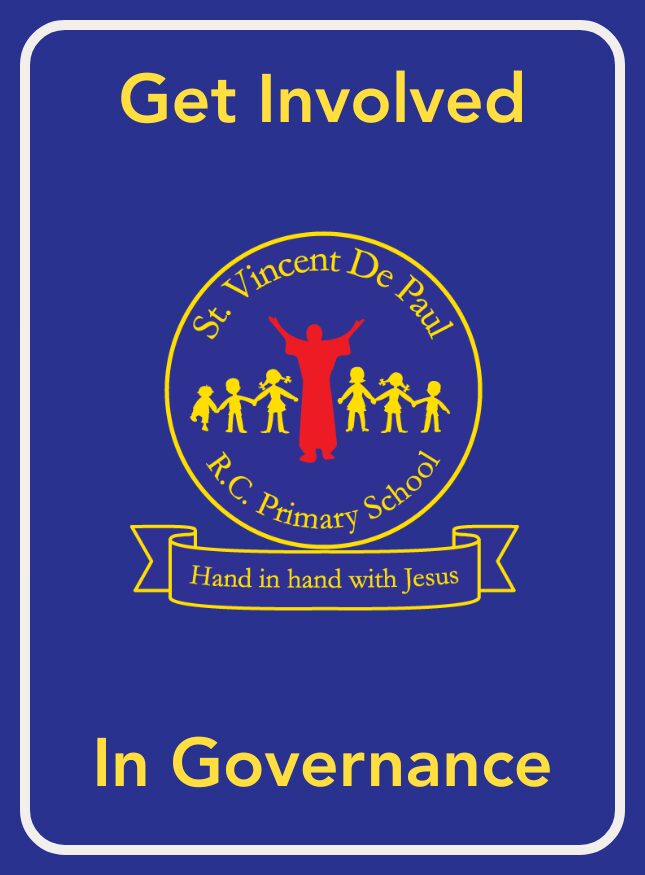At St Vincent’s, Catholic Social Teaching (CST) is a cornerstone of our educational ethos and daily life. Guided by the words of our mission, “Brother, sister, let me be your servant. Let me be as Christ to you. Pray that I might have the grace to let you be my servant too,” CST shapes our commitment to building a compassionate, just, and faith-filled community. We strive to embed these values across all areas of school life, encouraging our children to express their faith through acts of service and love.
Catholic Social Teaching highlights the inherent dignity of every person, the significance of community and participation, and our shared responsibility to care for creation. These foundational principles are integrated into our curriculum and daily routines, helping students develop a strong sense of justice, empathy, and stewardship. Through lessons, service projects, and school-wide initiatives, we empower our children to engage with real-world challenges such as poverty, inequality, and environmental care.
At St Vincent’s, we bring CST to life through meaningful action. Our pupils take part in activities that support both local and global communities, deepening their understanding of others’ needs and inspiring them to become compassionate leaders of positive change.
Within our classrooms, thoughtful discussions and reflections on CST allow students to connect their faith to current social issues. By exploring topics like human dignity, social justice, and ecological responsibility, our children grow in faith and awareness, learning how to live out Gospel values in everyday life.
Rooted in Catholic Social Teaching and inspired by our mission, St Vincent’s is a community where all are valued, every voice matters, and each action reflects Christ’s love in the world.



